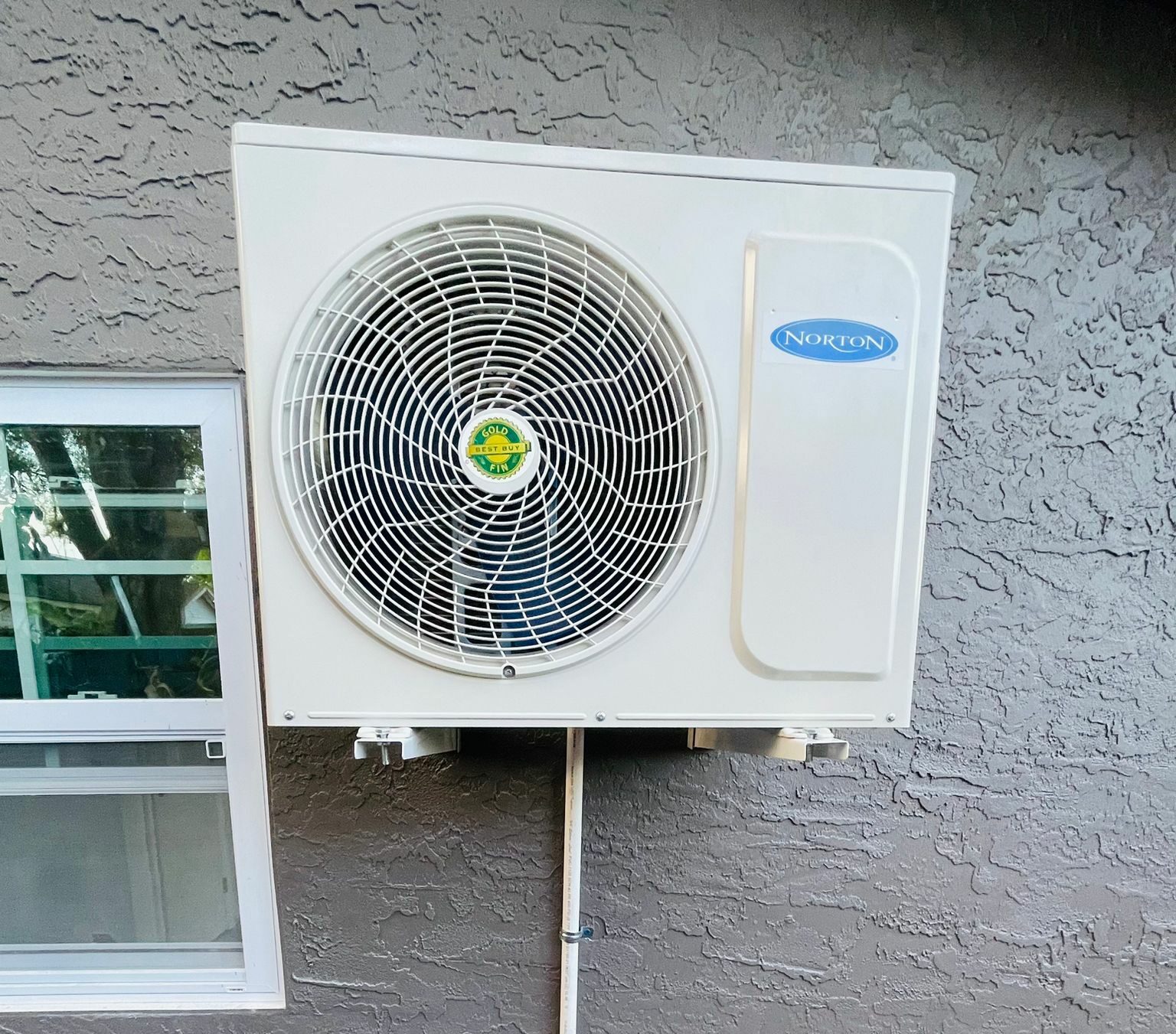Improve Your Well-Being and Sleep Quality by Sleeping in a Cold Room
Have you ever heard that it’s best to sleep in a cool room if you want to get a good night’s sleep? As it turns out, this advice is spot on. Sleeping in a cool room can have numerous benefits, from helping you get to sleep faster to improving the quality of your sleep.
Read on to learn more about the four main benefits of sleeping in a cold room:
1. Fall Asleep Faster
Studies show that when you sleep in a cooler environment, your body will naturally get ready for sleep sooner. And not just because it’s colder — the lower temperature also signals your brain that it’s time for bed. It does this by triggering hormonal changes, such as melatonin production, which helps regulate your body’s sleep/wake cycles. So if you’re having trouble sleeping at night, try lowering the temperature in your bedroom and see if it helps!
2. Improved Quality of Sleep
Cooler temperatures also help improve the overall quality of your sleep by allowing your body to reach its optimal core temperature more quickly and maintain it throughout the night. This means that instead of fighting against blankets or sweating through sheets, you can relax and enjoy deep, restful slumber without interruption. Plus, since cooler temperatures promote better circulation and muscle relaxation, people who sleep in cooler rooms tend to wake up feeling more refreshed and energized than those who don’t.
3. Reduced Stress Levels
If the bedroom is too hot or too cold, it can lead to feelings of stress and anxiety that make it difficult to fall asleep or stay asleep through the night. Keeping your bedroom at an optimal, cool temperature can decrease stress levels and help you fall asleep faster and stay asleep longer.
4. Improved Immune System Functionality
Studies have shown that people who sleep in colder rooms tend to experience fewer illnesses than those who don’t. This may be because temperatures below 70 degrees Fahrenheit make our bodies produce more melatonin, which helps us fight off infections more effectively than when we don’t get enough melatonin production during restful sleep periods.
5. Increased Energy Levels During the Day
Poor quality sleep leads to fatigue during the day, but sleeping in a colder environment can help reduce fatigue by allowing your body to enter deeper levels of restful REM cycles throughout the night. This will give you energy during your waking hours to make more productive use out of your day!
Text taken from: https://sierracoolslv.com






